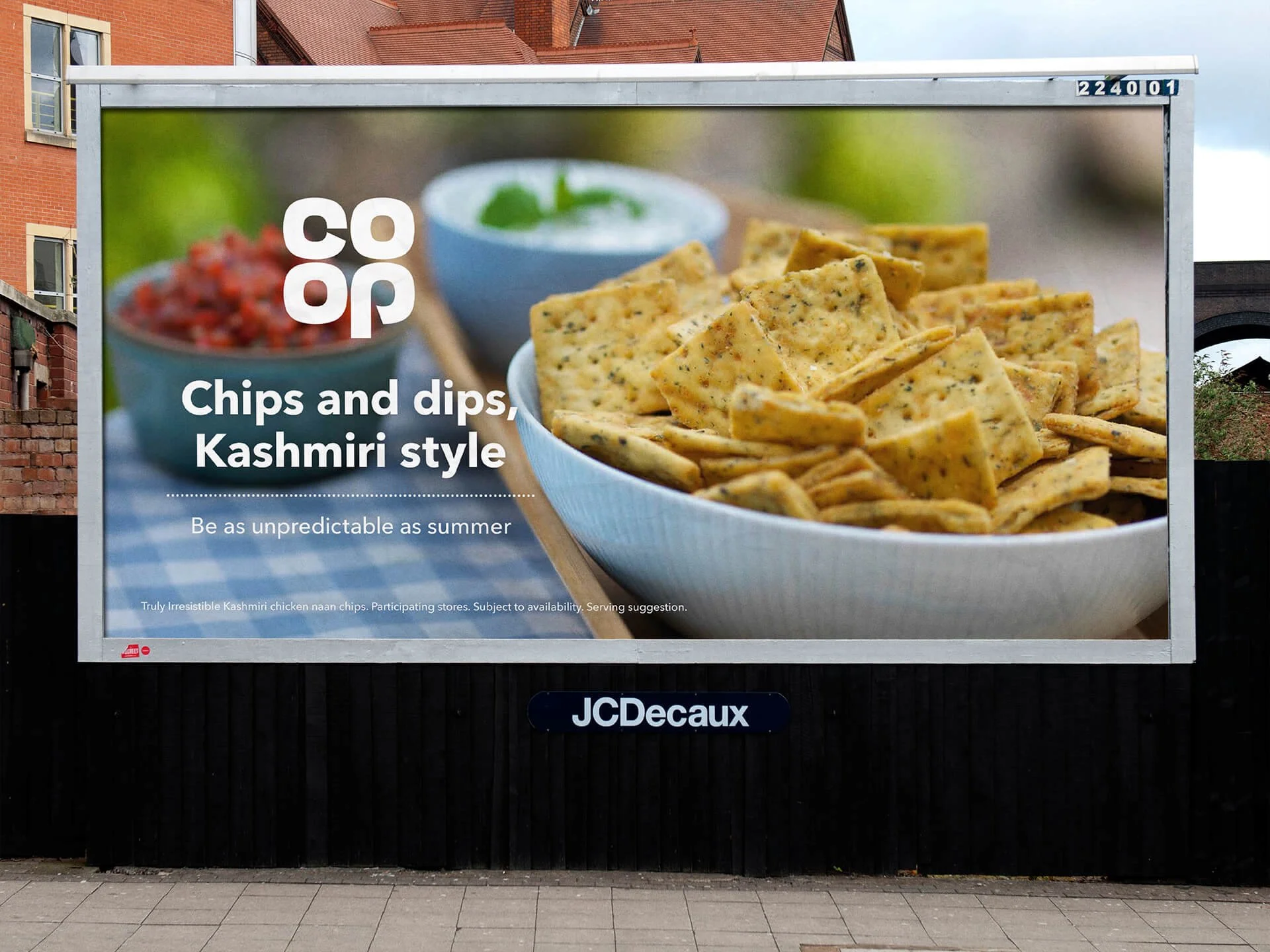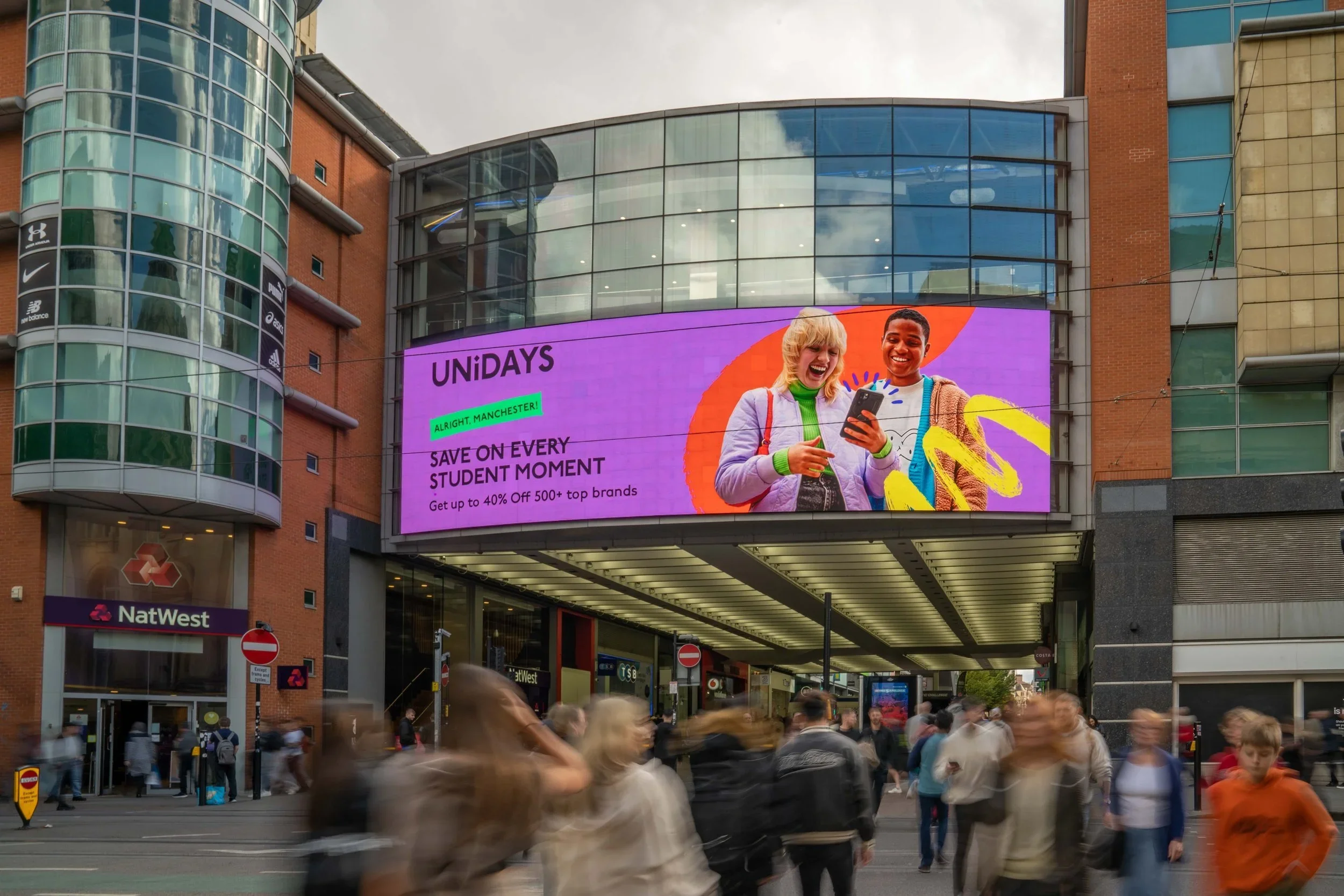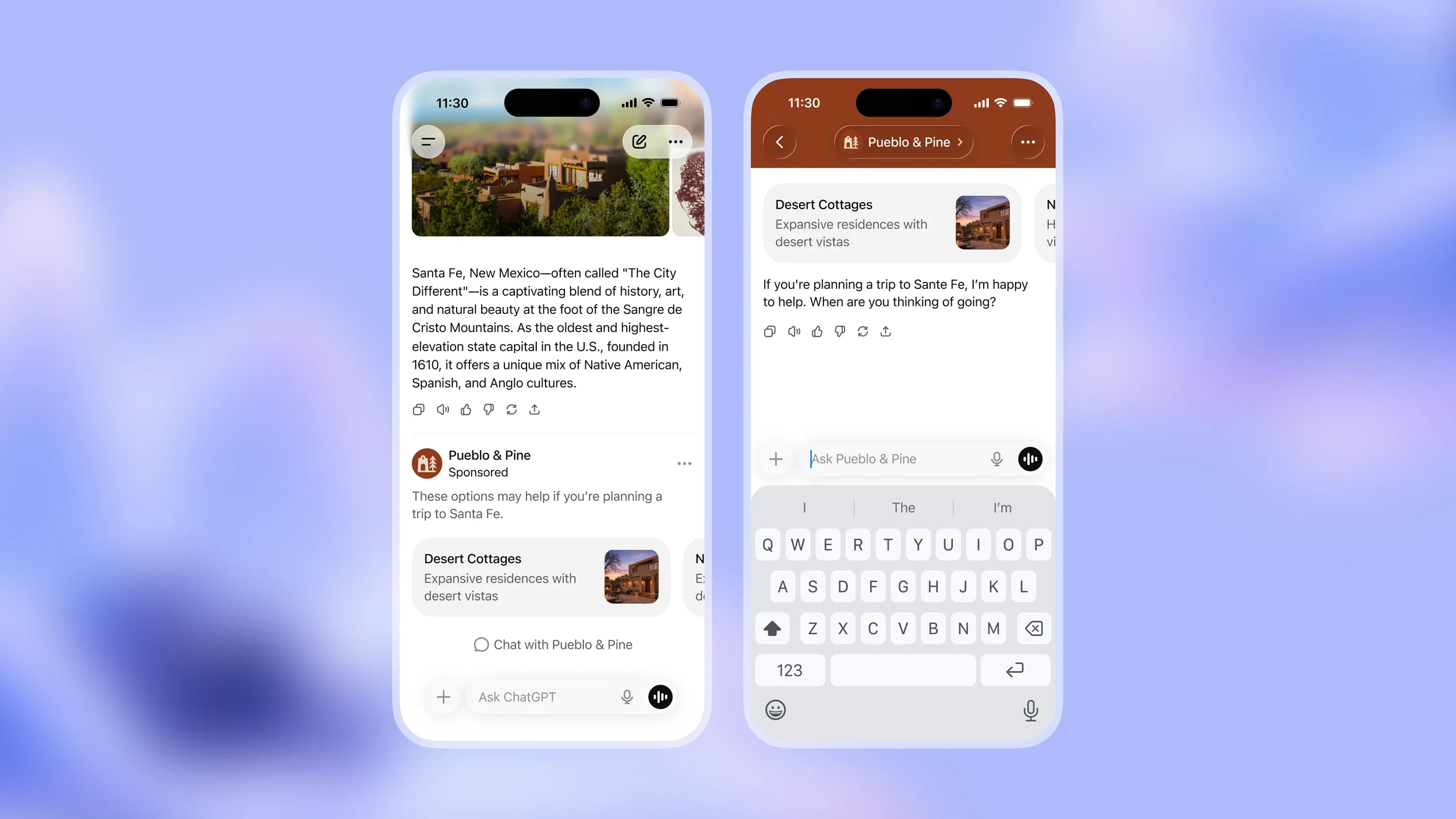2024 Predictions: The Future Of Digital Marketing and AI
Key Takeaways
AI is now a permanent fixture in marketing, with tools like generative AI driving productivity, creativity and decision-making. Trained on company-specific data, these systems deliver tailored insights that unlock significant business value.
Adoption is accelerating, with most CMOs already using or testing AI. Key applications include personalisation and market segmentation, which improve engagement, conversions and resource allocation, making AI a strategic necessity.
Pairing AI with agile marketing principles enables faster testing, iteration and campaign launches. This approach helps teams manage multiple projects effectively, boosting ROI while improving efficiency and team satisfaction.
If you’re a marketer, then you have probably heard - or have already started implementing AI into your day-to-day tasks. The ongoing buzz around progressive AI certainly has a spectrum of opinions – some eagerly embrace its potential, while others voice concerns about job displacement. Regardless of the ongoing debate, one fact is crystal clear – AI is not a passing trend; it's a permanent fixture, and businesses need a forward-thinking strategy to remain competitive.
Making better choices with the right tools
In 2024, Deloitte anticipates a groundbreaking moment for generative AI, promising to elevate productivity, foster creativity, and deepen engagement within business ecosystems. As companies seamlessly integrate generative AI, employees gain powerful tools for making informed decisions. The beauty lies in training AI models on company-specific data sets, offering tailor-made insights and unlocking even more value.
McKinsey further explores the impact AI could have on marketers, suggesting that generative AI could contribute trillions to the global economy through enhanced productivity. For marketers in 2024, the key lies in leveraging AI-powered technologies to optimise performance. AI's ability to analyse extensive data, uncover actionable insights, and automate repetitive tasks translates into more streamlined and effective campaign management for digital marketers.
BCG reports a significant adoption rate, with 70% of CMOs already implementing generative AI, and an additional 19% currently testing its capabilities. Personalisation is a key factor in a critical application, influencing better engagement and conversion rates. Simultaneously, market segmentation also scored strong as a pivotal strategy, improving resource allocation and maximizing return on investment. Embracing generative AI isn't just a fleeting trend; it's a strategic imperative for businesses aiming to thrive in our ever-evolving landscape.
How to approach AI
By deepening our understanding of AI, we can redefine our strategy to boost campaign performance. Traditional marketing has struggled to keep up with the demand for more projects. Growing competition also spreads attention and resources too thin, leading to delayed campaign launches and less favourable outcomes. Embracing agile principles with AI support can lead to a higher ROI and increased team satisfaction.
An agile marketing approach involves continuously using data and analytics to identify promising opportunities or solutions in real-time. This includes swiftly conducting tests, evaluating results, and iterating rapidly. It's not just an organisational principle; it's a mindset. At scale, a well-functioning agile marketing team can efficiently manage numerous campaigns simultaneously, regularly introducing multiple new ideas.
Transformative Future
As AI advances, workers can enhance their performance significantly on a broader scale, allowing them to handle multiple tasks concurrently and expedite processes that once required days, now on a much larger scale.
For example, Pica, a relatively recent AI tool designed for graphic artists, facilitates the efficient transformation of text into video ads. This capability enables the rapid testing of various ad variations. Consequently, this empowers workers to accomplish tasks more vigorously than ever.
References
https://www.bcg.com/publications/2023/generative-ai-in-marketing
If you want to learn more about The Future of Digital Marketing and AI, reach out to us today.












